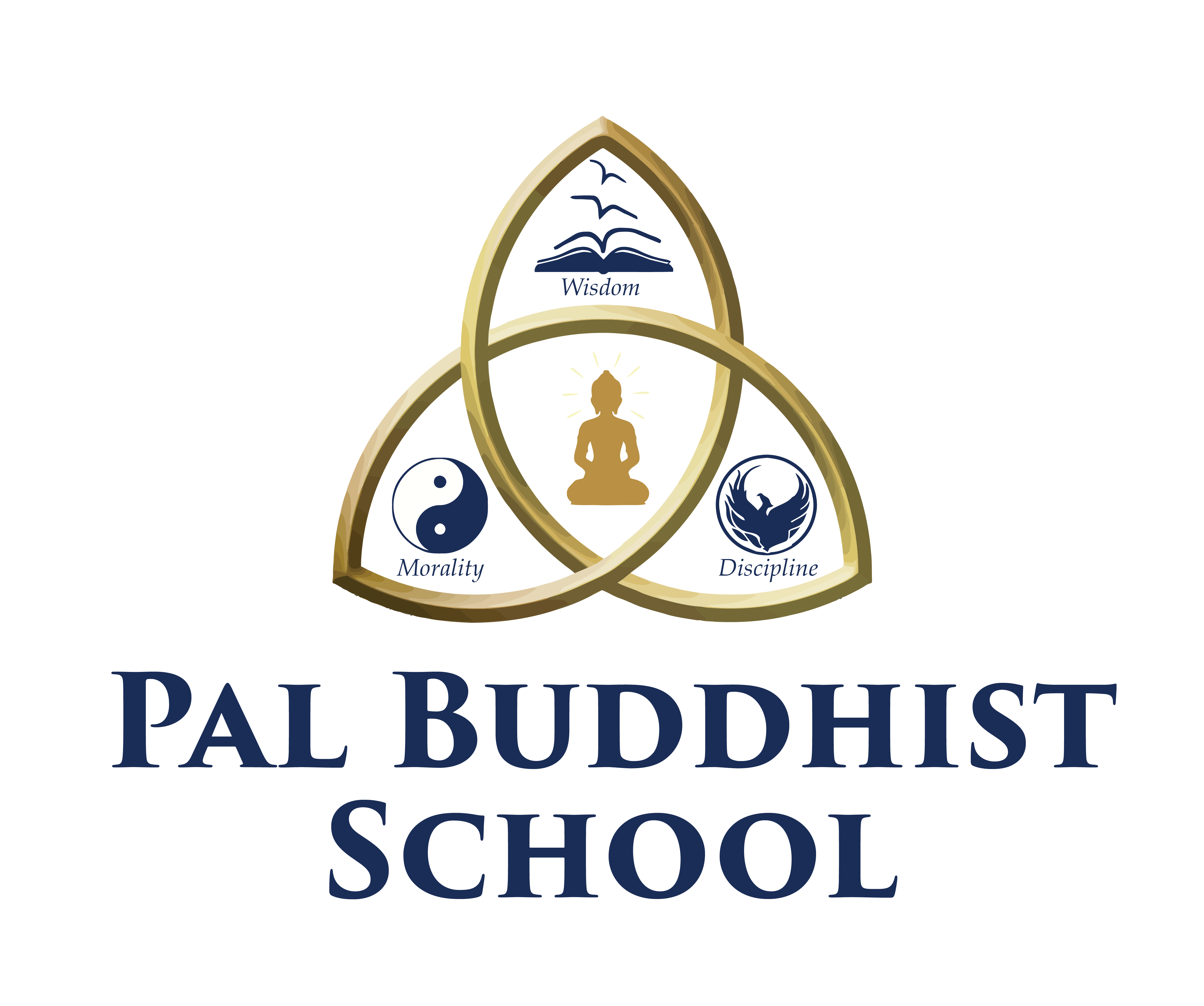Frequently Asked Questions
No, we are not a religious school in the traditional sense. While our school's name includes the word "Buddhist," we embrace the Buddha's teachings (Dhamma) as a universal philosophy that can enrich the lives of people from all backgrounds. We do acknowledge and celebrate auspicious Buddhist events, such as Vesak Day, but our emphasis is not on the ritualistic aspects of Buddhism. Instead, we prioritise providing the wisdom and knowledge found in the Buddha's teachings to help students' lives. In essence, Pal Buddhist School is a "universal humanistic" institution that provides guidance to students from diverse backgrounds in navigating life's challenges.
Dhamma is an integral part of our curriculum, seamlessly integrated into all subjects. Alongside this integration, students participate in mandatory weekly Dhamma and Mindfulness classes, which are led by our Achariyas, Mr. Pal and Bodhidasa. These classes are tailored to the students' grade levels to ensure comprehension and relevance. Additionally, our Training Grounds serve as practical implementations of the Buddha's Noble Eightfold Path, bridging the teachings of the Buddha with the acquisition of essential life skills.
Absolutely! We are a secular Buddhist school that welcomes students from all backgrounds and beliefs. Our approach to Buddhism is practical and aims to provide students with valuable life skills, fostering generosity, compassion, and diligence, regardless of their religious or cultural background.
Our school takes a proactive approach to reduce and address bullying. By promoting Dhamma teachings and fostering a harmonious and moral student and staff community, we create an environment where bullying is less likely to occur. In the event of any incidents, our small-school setting enables teachers to promptly intervene and manage the situation. We have a structured hierarchy for addressing cases, involving Year Coordinators, Curriculum Coordinators, the Principal, and the Founding Principal, with the severity of the situation determining the level of intervention and support required
We uphold a respectful and safe learning environment at Pal Buddhist School through our Expect M.O.R.E disciplinary system, firmly rooted in the principles of wisdom, morality, and discipline. This system aligns with our 10 Codes of Moral Conduct, emphasising the importance of understanding that speech and actions have consequences, as exemplified by our 1st code. Consequences in the form of Expect M.O.R.E sessions are employed for various behavioural and social issues, including unjustified tardiness, inattentive behavior, incomplete homework, uniform-related matters and much more. Importantly, this system is designed to be fair and effective, ensuring that the teacher's attention isn't diverted from well-behaved and motivated students. It is a collaborative effort involving students, parents, and teachers, working together to maintain our school's core values. Expect M.O.R.E is in effect throughout the school year, taking place with a mindfulness session during lunchtime. This comprehensive approach fosters introspection and realisation, while preserving a supportive and enriching educational experience for our entire school community.
Yes, participation in Training Grounds is compulsory for all students. This requirement ensures that every child has the opportunity to benefit from these experiences and grow intrinsically.
No, a vegetarian diet is not enforced at school. Students have the choice to follow their dietary preferences, and our school and the canteen accommodates various dietary choices while promoting mindfulness, ethical living, compassion, and generosity to all sentient beings. We encourage students and the school community to approach food with an understanding of its role as nourishment and energy for growth and work, rather than as a source of harm to animals. This approach is in alignment with the principles of early Buddhism and reflects the school's commitment to fostering these values among its students and staff.

